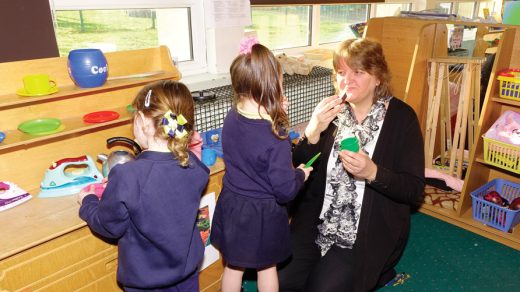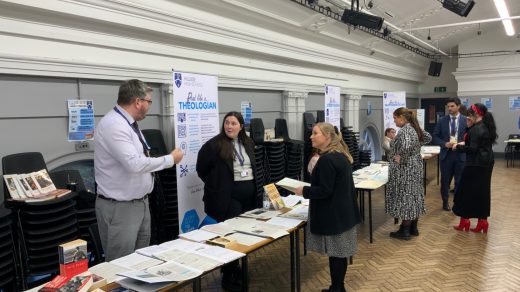The R Word – Revision

Is it too early for your Year 11 child to start thinking about revision? Well, the answer is no. In fact, the start of the academic year is a good time to start planning a strategy.
Now that examinations are back after a two year break due to COVID-19, it will soon be your child’s turn to complete their mock exams, and then before you know it, it is time for them to sit the real thing.
Putting a simple routine in place early could just be what your teenager needs to support them through this difficult year and help them achieve the results they need for the next chapter of their lives.
Create a plan
Having a plan in place will give you both a clearer mind and something to stick to as you navigate the next 10 months together.
Begin by asking them to write down their goals and list the GCSE subjects they are studying for and the grades they would like to achieve. Underneath these subjects, suggest that they write out the list of topics they’ll need to understand and the question formats used – these can be found online or your child can ask their subject teacher.
By doing this, it can help them plan their future revision sessions effectively and keep track of their own progress.
What kind of learner are they?
There is not a ‘one size fits all’ approach when it comes to revising and everyone learns in different ways. What works for one child might not always work for another so take the time to understand your child’s learning style, for example they might be more of a visual learner rather than a kinaesthetic learner. Once you understand this, you will be able to support them better throughout their revision journey.
Practice makes perfect
Encouraging your teen to look at exam papers from previous years will provide them with a better understanding of how the questions are usually presented. Answering the questions under timed conditions will help them build a good exam technique and identify areas that require extra revision.
When it comes to the answer, ensure your child looks at how the model answer is presented and why it meets the marking scheme. Students should aim to complete at least two practice papers per subject.
A healthy balance
Year 11 can be a stressful time and it is important that revision time doesn’t become that one thing that your child constantly puts off doing – like chores around the house! In essence, you can’t actually make them revise but you can help and support them in ways that is appealing to them.
If you have the space, set them up with a desk or an area in the home where they can revise without distractions. Speaking of distractions, make sure their phone is out of reach too!
Suggest that revision sessions are kept short so that it keeps things interesting for them. Regular breaks are also a good thing but keep them limited to 10-15 minutes that should be enough time for a snack and a quick scroll of TikTok.
Rewards
Rewarding good behaviour is a common theme in parenting, however, when it comes to revision the lines become blurred between ‘rewards’ and ‘bribes’.
Often some parents will resort to this in order to motivate their child. Whether it’s “We’ll go on a nice family holiday if you revise every day until the end of your exams” or “We’ll give you £200 if you get over 10 grade 7s in your results”. Sounds good? Well, we’re not convinced. Yes, it gives them something to work towards but perhaps encouraging them to do the best for themselves is a better idea? That’s not say a meal out to celebrate on results day is frowned upon, but we’ll let you decide!
All in all, finding that healthy balance between leisure and revision time is key. Starting early will mean they are one step ahead and can revise at a pace that suits them. Doing so will make them more productive and motivated in the long run, while increasing their confidence, and helping them revise effectively. Good luck!







